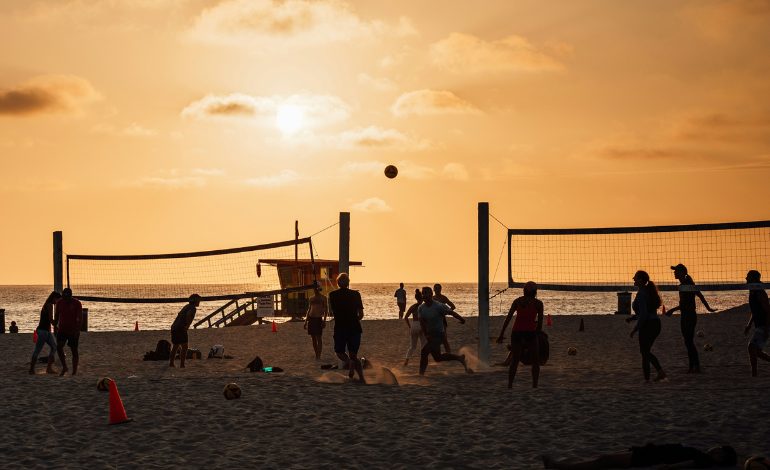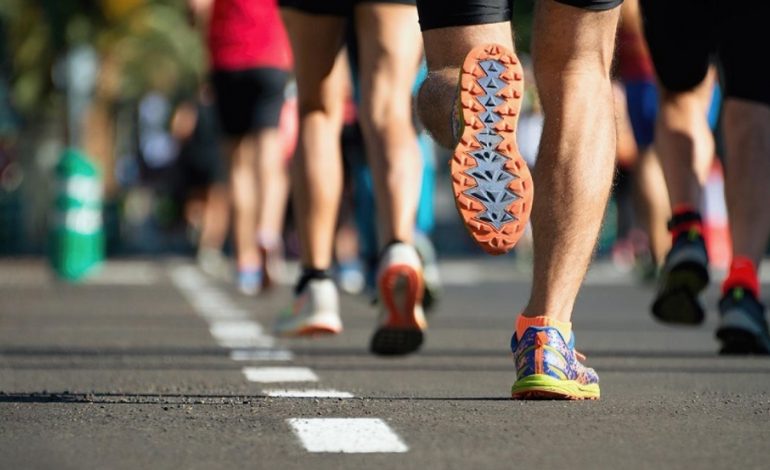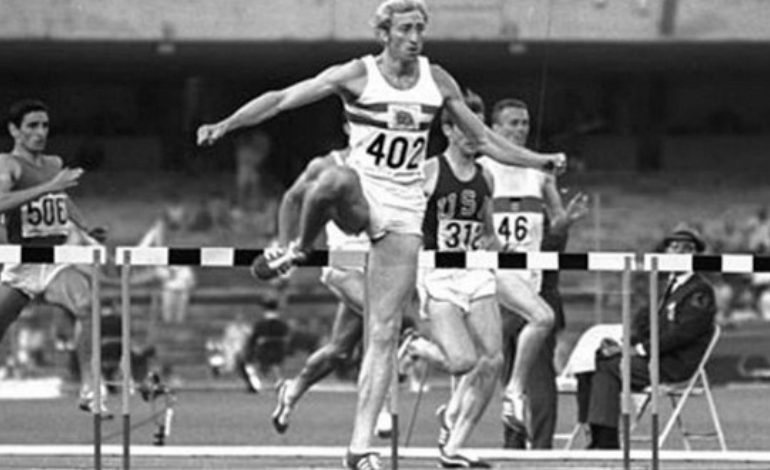Can wine and sport ever mix?


Are sport and drinking alcohol really the worst of friends? They are both such enjoyable pastimes – in moderation, of course – but it would seem a bold move, to say the least, to combine the two. Science, however, delivers some rather more interesting conclusions than you might think.
Any sensible person would think, intuitively, that wine – or, for that matter, any other alcohol – is totally incompatible with athletic performance. And you’d be forgiven for thinking so, when you see the rigid discipline that top-flight sportsmen and women apply to their dietary regimes. There are, of course, a few exceptions, with some of the world’s football stars clearly enjoying a drink or two, while, on the other hand, there are plenty of athletes who, for all their abstinence, have never made the big time. As far as the average person is concerned, however, one would tend to think that a simple rule of moderation would be more than enough – but the reality is not so straightforward.

Do you have to be sober to perform well?
As a general rule, the answer is yes. For all the talk about the antioxidant virtues of red wine and the benefits of polyphenols, particularly on the cardiovascular system, the smart answer is that there’s absolutely nothing in wine that you can’t get from another food source, starting with fresh fruit and coffee. However, this is where psychological benefits might take precedence over the physiological side of things. Having a drink in the evening with friends or family will help you go to bed happier and more relaxed. More so, in any case, than if you were left alone to mope on the sofa. That, in turn, can have an impact on your motivation to go for a run the next morning, come rain or shine.

Can wine be beneficial for sport?
Where all this gets interesting, however, is that research has shown that consuming red wine in moderation can have a surprisingly positive effect on sportsmen and women, not only in terms of iron uptake, but also in the fight against bad cholesterol and to aid muscle relaxation – even if it’s not quite as good as a session with the physiotherapist. Another situation in which alcohol has a positive effect is the infamous “third half” – the post-match festivities, often washed down with generous helpings of alcohol, where team members come together to wind down. It’s a moment of cohesion that boosts players’ mental strength and team spirit, and it has a direct impact on their ability to cope with defeat and fight for victory. Provided, of course, that they drink in moderation – which is not always the case!
Now that we’ve proved that it’s possible to be an athlete and still have a little drink every now and then, we need to address another vital question: can you drink without damaging your chances shortly before an upcoming competition? Just as you wouldn’t go out drinking cocktails until dawn on the eve of an interview or a big oral exam, it is strongly advised not to drink alcohol in the 24 hours leading up to a competition. Here again, not all sports are created equal, as the ethanol contained in wine acts in two stages on blood pressure, lowering it for six to twelve hours before raising it. In certain cases – and at a certain concentration in the blood – it can increase dexterity and focus. But beware of the consequences! At the 1968 Olympic Games, Swedish pentathlete Hans Gunnar Genval was stripped of a bronze medal he was judged to have won dishonestly. Why? He had drunk two beers before the shooting event to steady his nerves.
We might well end up asking ourselves if some of the effects of wine on the body aren’t more or less identical to those of a quick run in the fresh air – and the answer is yes. In fact, the ethanol contained in alcohol prompts the body to release dopamine and endorphin, just as it does when you are taking part in most forms of exercise. Two wonderful molecules, which, in one of the two situations, can end up being a bit more mischievous than in the other. We’ll let you guess which.
Finally, let’s turn to a topic that preys on the minds of so many of the bons vivants and Sunday runners out there – the hangover. What of the idea that sport can help you recover from an evening where mineral water was in short supply? It may seem a little crazy to intensify your alcohol-induced dehydration with a jogging session, but sport can indeed help to get things moving again by speeding up the metabolism and eliminating toxins more quickly. Feeling a little lost? That’s perfectly normal. In the end, there’s only one golden rule: listen to your body.

In partnership with partenariat avec Le Figaro.fr by Alicia Dorey






